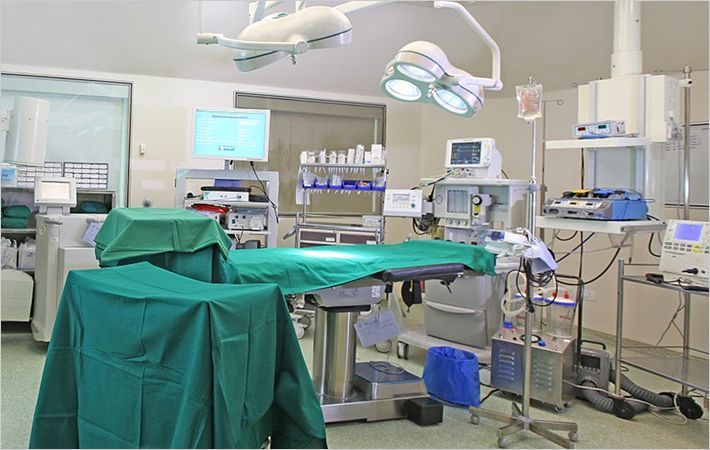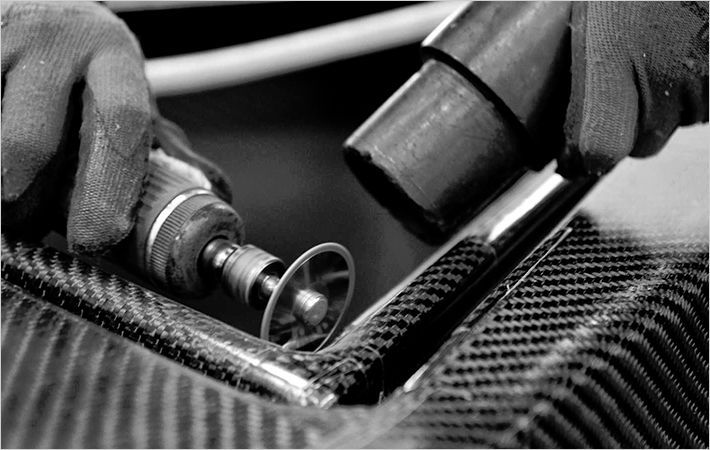Raytheon Company, a technology and innovation leader specialising in defence, security, and civil markets, in partnership with Fokker, developers of advanced aerostructures and electrical systems for the aerospace and defence industry, and Dallara, worldwide manufacturer of fast and safe race cars, has developed a lower-cost carbon fibre airframe for the US Air Force's Miniature Air Launched Decoy (MALD), by applying robotics and formula racing technologies.
The three companies reduced airframe production costs by 25 per cent. Raytheon Missile Systems partnered with industry leaders, using robotics and commercial racing car technologies to cut the cost of defence aerospace applications. Fokker helped to adapt robots in winding the carbon fibre fuselage, rather than rely on the conventional, hand-built approach. Dallara, which for 40 years has produced some of the fastest, safest racing cars in the world, applied the lightweight, very strong structural technologies used in Indy car racing to airframe accessories, including covers and air inlets, according to a press release.Raytheon Company, a technology and innovation leader specialising in defence, security, and civil markets, in partnership with Fokker, developers of #
Scott Muse, Raytheon's MALD programs director said, “MALD is a cost-efficient, modular system that can protect manned aircraft from the need to engage threats and make stand-off munitions even more lethal. Driving affordability is a key element of customer success.
Through the partnership with Fokker, Dallara and the US Air Force, we delivered MALD's capabilities at a lower price.”
MALD is a state-of-the-art, low-cost flight vehicle that is modular, air-launched and programmable.
Raytheon provides state-of-the-art electronics, mission systems integration and other capabilities in the areas of sensing; effects; and command, control, communications and intelligence systems, as well as cyber security, and a broad range of mission support services. (GK)
Fibre2Fashion News Desk - India

